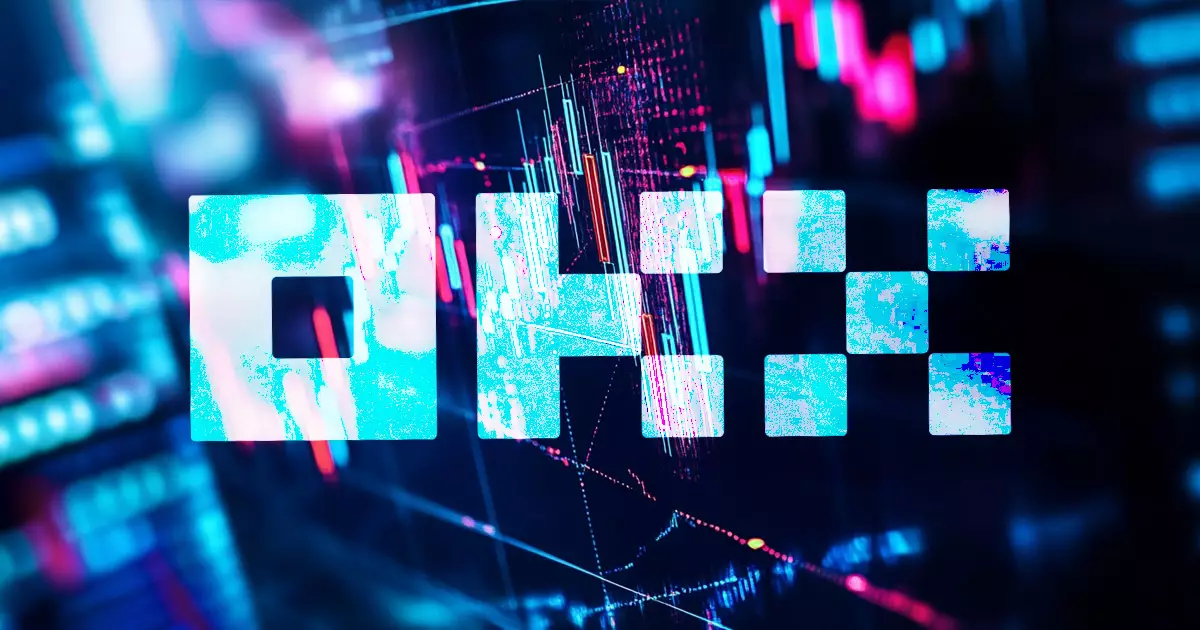The recent suspension of OKX’s Web3 decentralized exchange (DEX) aggregator is a glaring indicator of how fragile trust can be in the world of decentralized finance (DeFi). On March 17, OKX announced this move—very much akin to a canary in the coal mine. The exchange had to make this decision following discussions with European regulators who were scrutinizing potential links between its platform and nefarious activities. The core issue? Allegations that North Korea’s infamous Lazarus Group utilized OKX Web3 as a laundering conduit for funds stolen in the significant Bybit hack. This revelation is unsettling, undermining the credibility that cryptocurrency platforms strive to uphold amidst rapid global adoption.
Regulatory Scrutiny: A Necessary Evil or Overreach?
When European regulators, representing all 27 EU nations, convene to discuss such a pressing issue, alarm bells should ring. They reviewed whether platforms like OKX fall under the jurisdiction of the Markets in Crypto-Assets (MiCA) framework—a major regulatory structure poised to govern the future of crypto assets. While regulation is vital in preventing illicit activities, it also raises pertinent questions: Are we witnessing a clampdown that sacrifices innovation for security? In this climate, even a whiff of insecurity can lead to harsh repercussions for a platform, drawing a chilling effect over the burgeoning DeFi landscape.
The alarming thought of a centralized authority stifling decentralized principles is not just a reality, but a lingering fear—a reflection of a world still grappling with the dichotomy of control versus freedom. With the reported laundering of approximately $100 million from the stolen $1.5 billion by hackers, it’s evident that OKX is caught in a web of accusations, and the stakes have never been higher.
Defending the DEX: OKX’s Position Amidst Allegations
OKX has firmly proclaimed its innocence, arguing that the misidentification of its platform as the primary point of trade led to its entanglement in this controversy. The exchange asserts that blockchain explorers and other ecosystems have crucially mislabeled transactions. In a space where transparency is paramount, this claim—while self-serving—will require more than mere statements to rebuild trust. OKX is actively cooperating with blockchain explorers to rectify transaction labels, striving to clarify its role within the decentralized financial landscape.
Moreover, the yield of transparency is not just a hollow promise; OKX claims it does not hold user assets but merely acts as a bridge to various decentralized protocols. However, such defenses may fall flat in a skeptical climate where the public is rightfully antsy about security and the integrity of their assets. The rapid introduction of a real-time system designed to detect hacker addresses might be a prudent step, yet it begs the question: Can users actually trust this system to live up to its promise?
Decentralization Under Siege: The Broader Implications
This episode serves as a stark reminder of the vulnerabilities inherent in decentralized platforms, particularly when placed under the microscope of regulators. The tragedy is that while OKX could be a victim of circumstances, the fallout is likely to hinder the entire ecosystem of decentralized exchanges. We are at a crossroads; either we usher in a new era of stringent regulations that might ultimately curtail innovation, or we begin to foster an environment that balances security and freedom.
The implications are vast. As DeFi continues to grow, the lines between regulatory oversight and user autonomy are increasingly blurred. In the face of this formidable challenge, a revelation is necessary: trust is earned but easily shattered. OKX’s recent struggles underline the reality that no platform—or sector—can afford to be complacent. The challenge now will be not just surviving such crises but learning from them.



















Leave a Reply